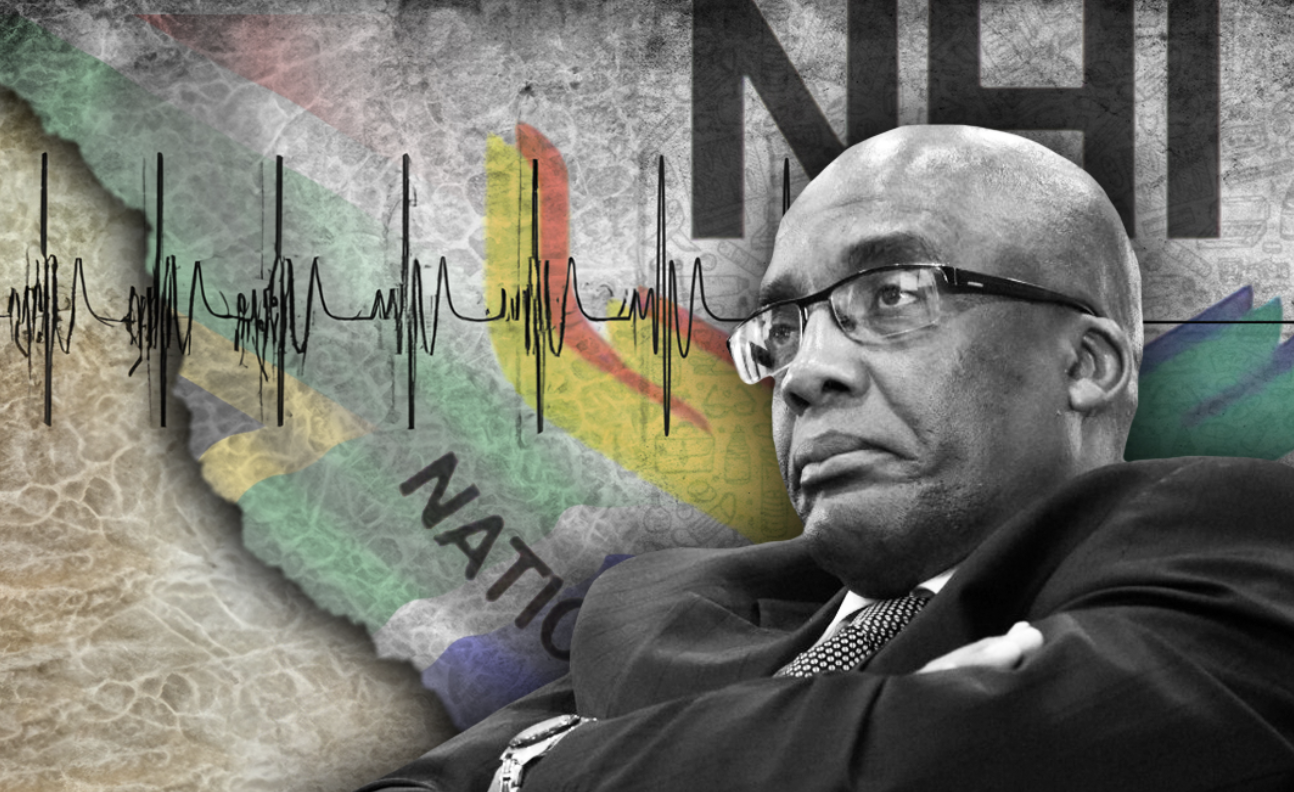Government spending on healthcare in South Africa has decreased significantly in recent years, with the National Health Insurance (NHI) plans facing challenges due to prioritization of debt servicing over essential services.
In recent years, government spending on healthcare in South Africa has declined significantly, jeopardizing the viability of the National Health Insurance (NHI) plans. Data from The Outlier revealed that healthcare funding, once the second-largest allocation in the government budget in 2017, fell to fourth place by 2025. Finance Minister Enoch Godongwana highlighting that a substantial portion of the budget is devoted to servicing national debt, which consumes 22 cents of every rand raised in revenue.
In the 2025/26 fiscal year, the government is projected to spend R1.1 billion daily on debt servicing, increasing to R1.3 billion by the 2027/28 financial year. This expenditure surpasses what is allocated for health, police, and education combined. The basic education sector received a larger share of the budget than health, reflecting the government’s prioritization of debt over essential services. Although the health budget saw a slight increase of 7.8%, this was considered inadequate, especially with the public health system losing nearly 9,000 health workers in the past year due to financial constraints.
Health Minister Dr. Aaron Motsoaledi emphasized that austerity measures have severely limited the ability to hire more healthcare professionals, thereby affecting service delivery. The government’s NHI scheme aims to provide universal healthcare coverage, yet it faces criticism regarding its feasibility, funding model, and potential restrictions on private medical aid schemes. Critics doubt the government’s conservative cost estimates for the NHI, suggesting that true costs may be significantly higher based on the level of care offered. The Department of Health projects an annual expenditure of roughly R200 billion for the NHI, but private sector assessments indicate that matching private sector care quality for all South Africans could cost over R1.3 trillion annually. This financial reality raises concerns about the NHI’s sustainability.


